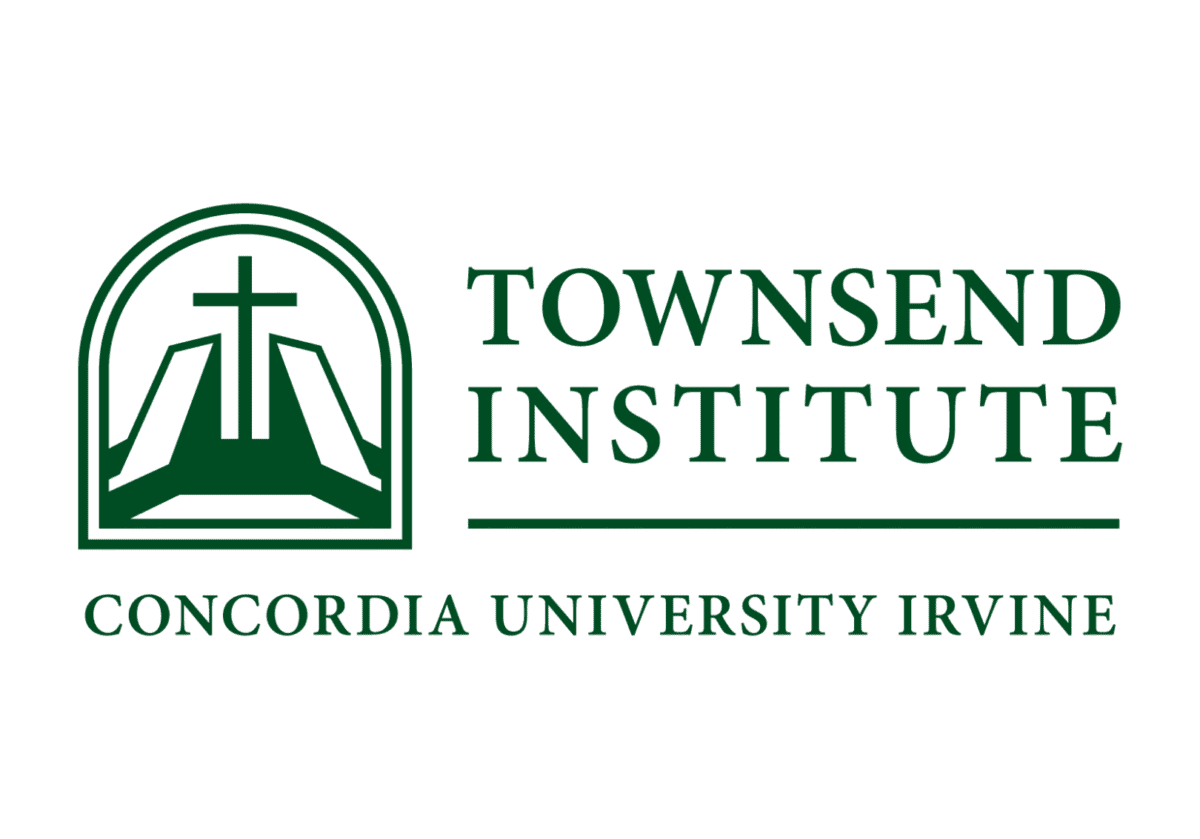As artificial intelligence (AI) gains power and popularity, many coaches are asking, “What’s next for our profession?”
AI and the Future of Coaching
Will AI replace us?
As an educator and executive coach, I’ve come to appreciate how AI can ease the burden of time-consuming tasks I once handled manually. Scheduling and organizing have become far more efficient, freeing me to focus more fully on my clients.
Many coaches are using AI in increasingly sophisticated ways, and conversations about its ethical and effective use are now front and center in our industry.
Yet with all its benefits, AI has also sparked uneasy conversations about its potential to replace human coaches in certain situations, and AI is being touted as a viable and less costly alternative.
That’s why we need to lean into deeper, more meaningful conversations about what truly differentiates us — why AI and the human professional are complementary — and why the former will never replace the latter.
Why Human Coaches Can’t Be Replaced
Here’s the thing…technology will never replace the one thing at the heart of this work: our humanity. I once coached a leader who sat in silence for nearly a full minute. She finally whispered, “I’ve never said this out loud before.”
This was a sacred moment. It was not triggered by a bot prompt or checklist. Instead, it was held in the quiet space between words. It was the client’s courage and vulnerability supported by my presence — and not my performance — that allowed this to happen.
True transformation is not triggered by data points or reminders from an app. The kind of meaning-making and shifts that can occur with coaching takes place in the pause between words and in the warmth of genuine presence. A bot cannot hold sacred space with a client as they courageously examine how they see themselves and the world.
This is work that only a human coach can do.
The Unique Power of Human Coaches
What does this mean for us as we look toward the future of coaching? The power of AI is a clarion call to action. If this incredible tool is taking over the transactional support that a lot of coaching has offered in the past, we must rise to embrace what we alone can do.
This means not only continuing to sharpen our technical skills and competencies, but also to steadily refine our own hearts and minds so that we bring our best and highest selves to partner for a transformative coaching space.
Most of us are familiar with the areas in which human coaches alone can serve. Here are three of them:
- Empathy and Intuition: These are key to sensing energy shifts, responding to what is said (and what is not!), and to bringing warmth and presence to create genuine connection. Clients feeling seen, heard, and held with compassion is key. AI cannot do this.
- Contextual and Ethical Judgment: Navigating complexity, ambiguity, and the subtle interplay of emotions and context must be present in order to implement transformational change. This is something only humans can do.
- Relational Connection: Transformation requires the relational connection, which creates mutual trust, shared courage, consistent presence, and the co-creation of meaning. These are dynamics that cannot be replicated by technology.
Client Story: A Leader’s Transformation
Let me share a client story that brings this to life. Mark was a senior executive and brilliant in his field. However, he was described by his team as distant and unapproachable.
When we first began our work together, he wanted simple strategies to “appear more engaged.” But the real issue wasn’t about tactics. As we explored together, he realized his distance came from a deep fear of vulnerability — one shaped by early career experiences that taught him to protect himself at all costs.
I’ll never forget the day he paused and took a deep breath. “I think I’ve been hiding…even from myself.”
Six months later, one of his direct reports told me, “It’s like we’re working with a completely different leader. He actually listens, now. And he smiles.”
Had Mark decided to use an AI tool to tap into the transactional strategies he initially thought were the answer, the results would not have been transformational. In fact, the endeavor would most likely have been ineffective. As it stands, Mark went on to be promoted and appreciated as a leader and is now CEO of the company.
It’s not just about what you do — it’s about who you are becoming. This is true not only for our clients, but for us as coaches.
The Call to Action for Coaches
Leaning on our own humanity to coach is not enough. Like any muscle, the skills and qualities that we use to facilitate such change must be intentionally exercised and refined so that they remain strong, effective, and ready when needed.
This commitment to self-development is something we emphasize in the coaching curriculum I help teach at Concordia University-Irvine’s Townsend Institute. In addition to acquiring a firm foundation in coaching skills, students are expected to develop and implement a personal growth plan. Throughout the program, they engage in intentional self-development using tools such as reflective practice, peer cohort discussions, and work partner sessions. We recognize that the impact they will make for their clients will be largely dependent on how they are able to show up as coaches.
- Sharpening Skills and Presence: How are you deepening your ability to make transformational impact? If you’re committed to facilitating this kind of profound change, here are some ways to stay fully human in your coaching practice:
- Anchor in Evidence-Based Approaches: The framework of the ICF Core Competencies gives you a strong foundation. Invest in continuing education that supports best practices in proven methodologies.
- Commit to Your Own Growth: The more self-aware you are, the more space you can hold for others. Develop a reflective practice and tap into its strength to create awareness and options for growth. Invest not only in mentor coaching for feedback, but also in coach supervision for the deep work of the “inner coach.”
- Use Technology Wisely: Let it handle the routine tasks, but avoid considering it as a replacement for the relational work.
- Measure What Matters: As you think not only of your client’s growth, but also of your own, consider measuring beyond KPIs, to include exploring shifts in mindset and behaviors around those areas you recognize are growing edges for you.
The Heart of Transformation
In the end, it’s our presence — our humanity — that creates sacred space and transforms. And that’s something no AI will ever replicate.
References for further reading:
- Steyn, L., & Barnard, A. (2024). Personal Transformation: Developing Self-Processing Competence Through Coaching. International Journal of Evidence Based Coaching and Mentoring, 22(1), 68-83.
- Horvath, L. (2024). The Power of Coaching: Developing Leaders and Beyond. Wiley Online Library.
- ICF Core Competencies. International Coaching Federation (2024).
©@Cotton Group LLC
Disclaimer
The views and opinions expressed in guest posts featured on this blog are those of the author and do not necessarily reflect the opinions and views of the International Coach Federation (ICF). The publication of a guest post on the ICF Blog does not equate to an ICF endorsement or guarantee of the products or services provided by the author.
Additionally, for the purpose of full disclosure and as a disclaimer of liability, this content was possibly generated using the assistance of an AI program. Its contents, either in whole or in part, have been reviewed and revised by a human. Nevertheless, the reader/user is responsible for verifying the information presented and should not rely upon this article or post as providing any specific professional advice or counsel. Its contents are provided “as is,” and ICF makes no representations or warranties as to its accuracy or completeness and to the fullest extent permitted by applicable law specifically disclaims any and all liability for any damages or injuries resulting from use of or reliance thereupon.
Authors
Post Type
Blog
Audience Type
Experienced Coaches, External Coaches, Internal Coaches, New Coaches, Professional Coaches
Topic
Future of Coaching, Technology
Related Posts
How to Master AI and Authenticity in Coaching
How do you stay relevant when AI can now draft client assessments…
Coaching as a Strategic Advantage: What the 2025 Global Coaching Study Reveals
The 2025 ICF Global Coaching Study highlights continued global growth in professional coaching alongside…







